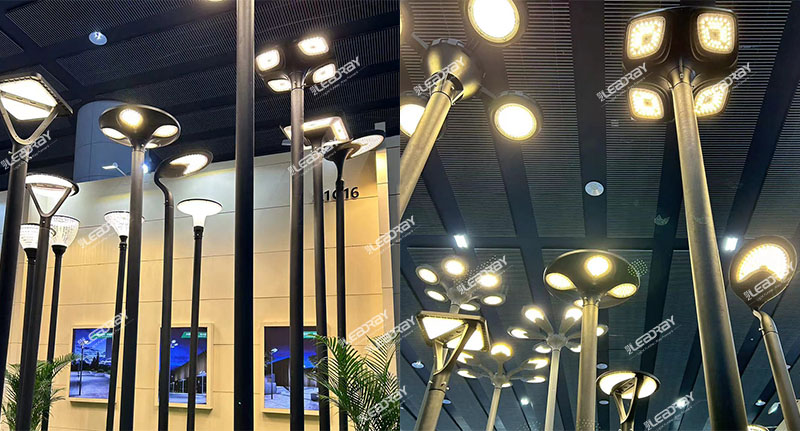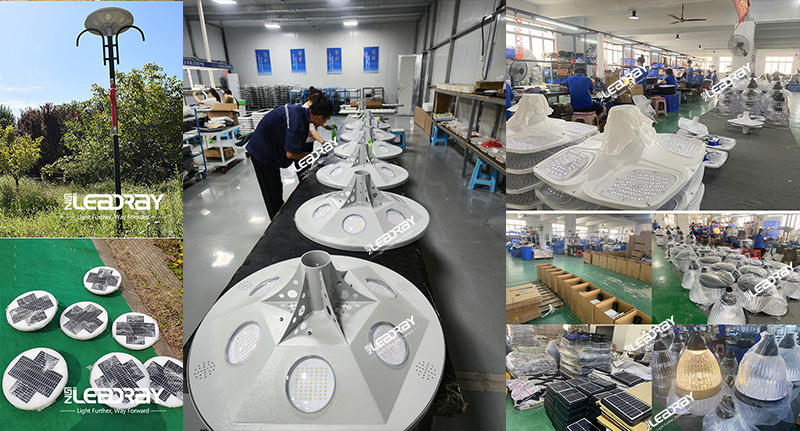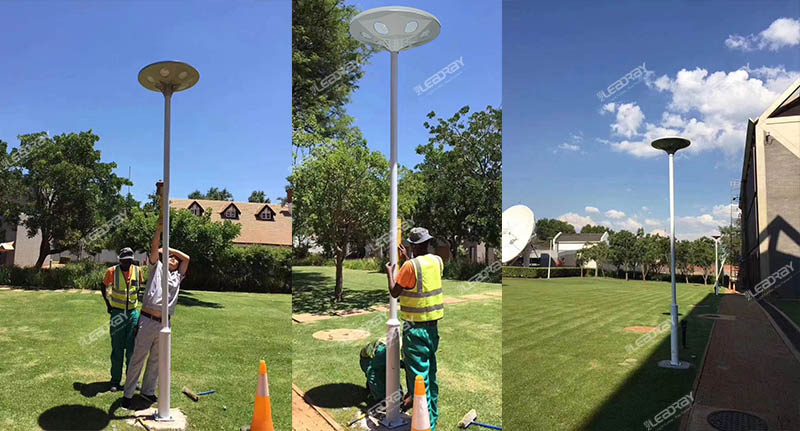 sales@szleadray.com
sales@szleadray.com
 +86-13424390319
+86-13424390319

Assess your energy needs: Determine the amount of electricity you require to power your garden. Consider the type and number of devices you want to run, such as lighting, water pumps, or electric tools.
Evaluate the solar potential: Observe the location of your garden to understand its solar potential. Ensure that the area receives sufficient sunlight throughout the day without significant shading from trees, buildings, or other obstructions.
Calculate the system size: Based on your energy needs and solar potential, calculate the size of the solar power system required. The system size is typically measured in watts or kilowatts (kW). You may need to consult a solar professional or use online solar calculators to estimate the system size.
Install solar panels: Install solar panels in an optimal location within your garden where they can capture the most sunlight. Mount the panels on a rooftop, a ground-mounted structure, or install them on poles. Ensure that the panels are angled to receive maximum sunlight.

Use an inverter: Install an inverter to convert the direct current (DC) generated by the solar panels into alternating current (AC) that can be used to power your garden devices. The inverter also helps regulate the voltage and provides protection against power surges.
Connect to a storage system (optional): If you want to store excess energy generated by your solar panels, consider installing a battery storage system. This allows you to use the stored energy during cloudy periods or at night when the solar panels are not producing electricity.
Connect to your garden devices: Connect the output of the solar power system, usually the inverter, to the electrical wiring of your garden devices. Install circuit breakers or fuses to protect the system and devices from electrical faults and overloads.
Monitor and maintain the system: Regularly monitor the performance of your solar power system to ensure it is generating electricity as expected. Clean the solar panels periodically to remove dirt or debris that can reduce their efficiency. Also, inspect the connections and wiring to identify any potential issues.
Enjoy solar-powered gardening: Once your system is set up and operational, you can enjoy the benefits of solar power for your garden. It can provide you with sustainable, renewable energy and reduce your dependence on the grid, saving you money in the long run and minimizing your environmental impact.
Shenzhen Leadray Optoelectronic Co., Ltd.

Remember to check local regulations and requirements before installing a solar power system. It may be beneficial to consult with a solar professional or an electrician to ensure a proper and safe installation.
 sales@szleadray.com
sales@szleadray.com
 +86-13424390319
+86-13424390319
leave a message
Scan to Wechat :

Scan to WhatsApp :
